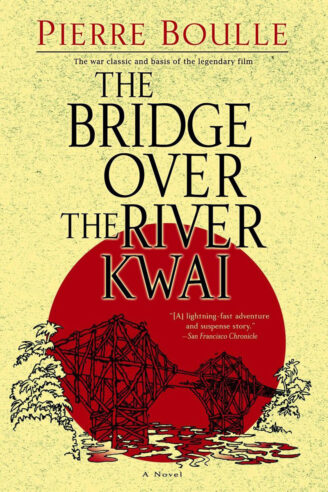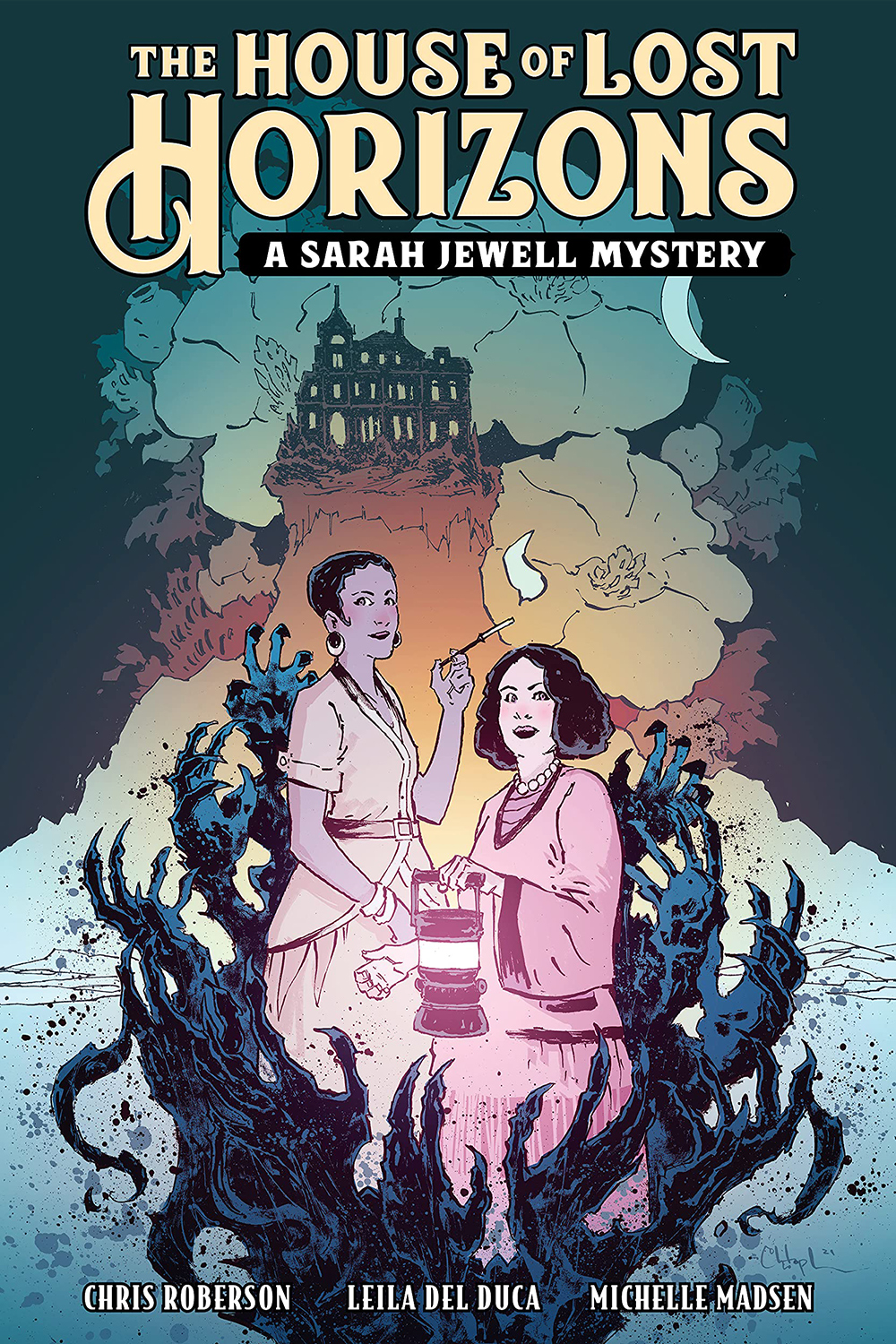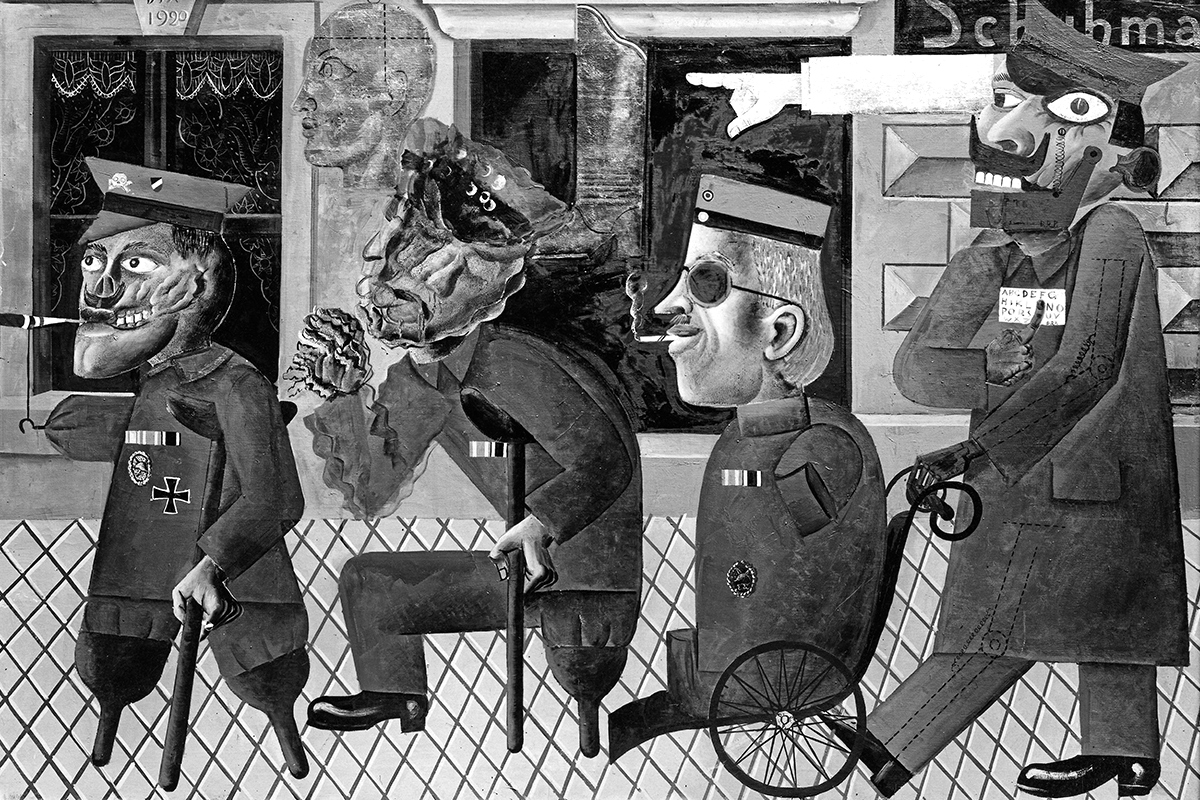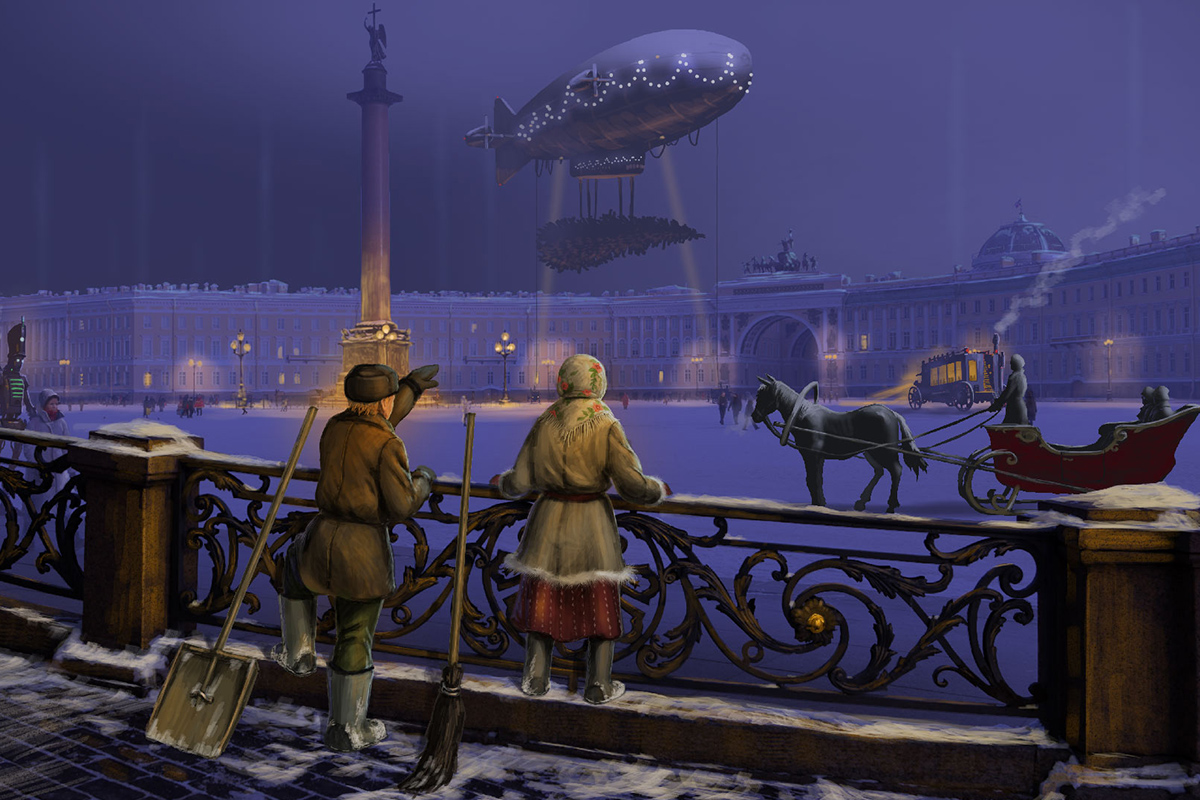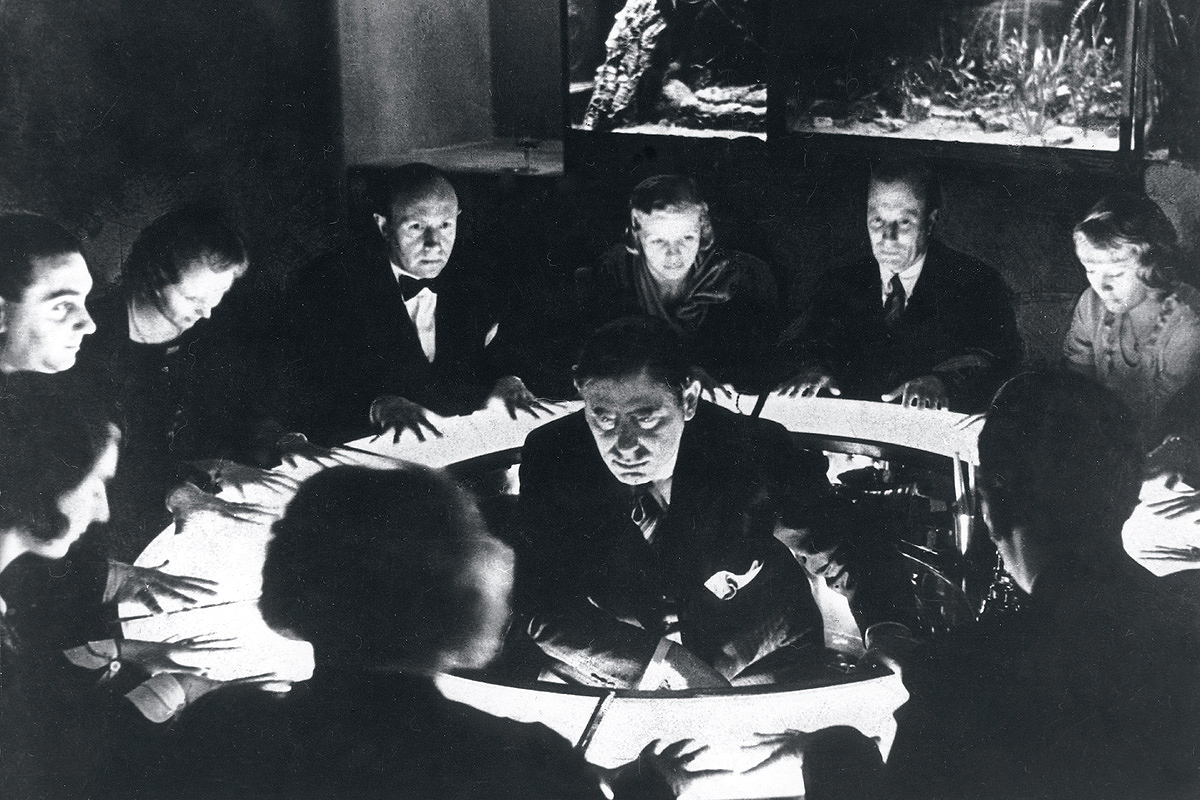One of Alec Guinness’s greatest roles was as Colonel Nicholson in the 1957 The Bridge on the River Kwai. The World War II movie is rightly remembered as one of the greatest ever made. But few remember it was based on a novel: Pierre Boulle’s 1952 The Bridge over the River Kwai, translated in 1954 by Xan Fielding (who also translated Jean Lartéguy’s The Centurions, reviewed here).
Boulle served in the French armed forces in Indochina during World War II, and it seeps into the narrative. There’s a grottiness, a putridness, in the novel that could only come from first-hand experience.
If you’ve seen the film, you know the story: British soldiers captured by the Imperial Japanese Army after the fall of Malaya are made to work on the Burma Railway. You will recognize many characters, Saito and Nicholson in particular, as portrayed by the actors who are now immortal.
Much like the film, one of the major themes of the book is British sense of honor. The characters are mostly officers, professional men in peacetime, who are proud of their skills in their chosen vocations. Forced to build the bridge, many take pride in their work despite slaving for the enemy, to a point that seems hypocritical and self-defeating to everyone but themselves. Both book and film are meditations on skill as opposed to loyalty, asking if the dignity gained from skill is worth betraying everything you stand for.
Those who have seen the film will notice that the emphasis on different aspects is very good. The premier status that Nicholson has in the film is much increased from the book; he is but one character of many on the page, without Alec Guinness’ screen presence to make him as compelling as he is.
There is also much more focus on the team that is sent to sabotage the bridge, a team that has no American involvement in the novel. It is perhaps the greatest weakness of the book, through no fault of Boulle’s: the movie is fantastically acted, and so much of its staying power is through the performed nature thereof.
Boulle’s prose, as translated by Fielding, reminded the science-fiction reader in me of the writing style of David Weber (my main encounter with him is through the first few books of Eric Flint’s 1632 series). There is a great deal of technical detail about the construction of bridges and the construction of bombs, to a point that can seriously stall the pacing of the narrative. This is another way that the film improved upon the book drastically.
Which makes this one of those rare books whose film adaptation was an improvement. The film substitutes clunky prose for spellbinding acting, and tells the story better than Boulle alone could. Boulle’s novel is not a bad one, but certain stories are made for the big screen.

